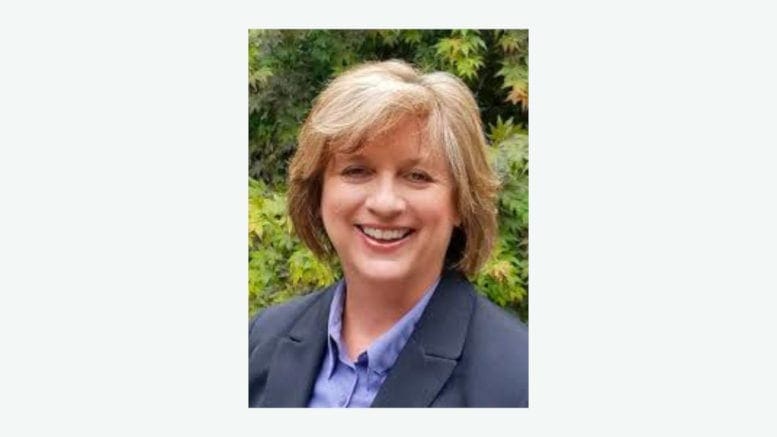By Melanie Dallas, LPC
Although we know more about treating mental illness than ever before, people who struggle with mental health conditions continue to be misunderstood. It was only within the past couple of generations that treatment for mental illness began to focus on recovery – and the idea that people with even severe and chronic mental illness could live successfully in their community. Prior to that, most individuals with mental illness spent their lives in institutions.
That changed thanks to the persistence of Lois Curtis, a Georgia woman with an intellectual developmental disability who fought all the way to the U.S. Supreme Court for the right to live in her community rather than a state psychiatric hospital – and won. Individuals with severe and persistent mental illness, who in many cases meet the definition of having a disability, were likewise able to transition to living in their communities.
Two things about Curtis’ case are notable. First, the transition from institutional settings to the community helped usher in a new paradigm of supporting individuals with disabilities, including mental illness – from a deficit and maintenance model to the strengths-based and recovery-focused model used today. The second important point to know is that Lois Curtis is Black, and she joins a long line of Black Americans who have changed the way we think about mental illness, treatment and recovery.
As we recognize February as Black History Month, I wanted to share a list of other Black pioneers in psychology, psychiatry, public health and mental health who helped make social justice an important part of these fields as well.
Inez Beverly Prosser, PhD, (1897-1934) was the first African American woman to receive a PhD in psychology. Prosser studied self-esteem in Black children who attended segregated schools and integrated schools, and made landmark contributions to the field of psychology.
Maxie Maultsby, Jr., MD, (1932-2016) was a pioneer in the development of a type of cognitive behavioral therapy called rational behavior therapy, a leading form of “talk therapy” that continues to be used today.
Mamie Phipps Clark, PhD, (1917-1983) was the first African American woman to receive a doctorate in psychology from Columbia University, and studied the effects of discrimination and racial identity on the psychology of black Americans. Discoveries by her and her husband Kenneth Clark were used as testimony in the groundbreaking Brown v. Board of Education case.
Joseph L. White, PhD, (1932-2017) was a leader in black psychology. He argued that mainstream psychology developed by and for white people did not apply to the African American experience and was, in fact, discriminatory against African American patients.
Solomon Fuller, MD, (1872-1953) was the first African American psychiatrist to be recognized by the American Psychiatric Association. His studied neurodegenerative diseases including schizophrenia and manic depression, and made ground-breaking discoveries about how Alzheimer’s physically changes the brain.
Joseph L. White, PhD, (1932-2017) is also sometimes referred to as “the father of Black psychology.” He wrote the groundbreaking article “Toward a Black Psychology,” which is credited as being the first-ever strengths-based (rather than deficit-based) evaluation and description of Black behavior and culture.
These are only a few of the African American pioneers in mental health, and their work has contributed to understanding mental health disorders in African Americans, and also the experience of African Americans in our culture. Equally important, their work has given us a better understanding of the human mind and how mental health conditions can be treated so that individuals can live a life in recovery.
Melanie Dallas is a licensed professional counselor and CEO of Highland Rivers Behavioral Health, which provides treatment and recovery services for individuals with mental illness, substance use disorders, and intellectual and developmental disabilities in a 13-county region of northwest Georgia that includes Bartow, Cherokee, Cobb, Floyd, Fannin, Gilmer, Gordon, Haralson, Murray, Paulding, Pickens, Polk and Whitfield counties.
